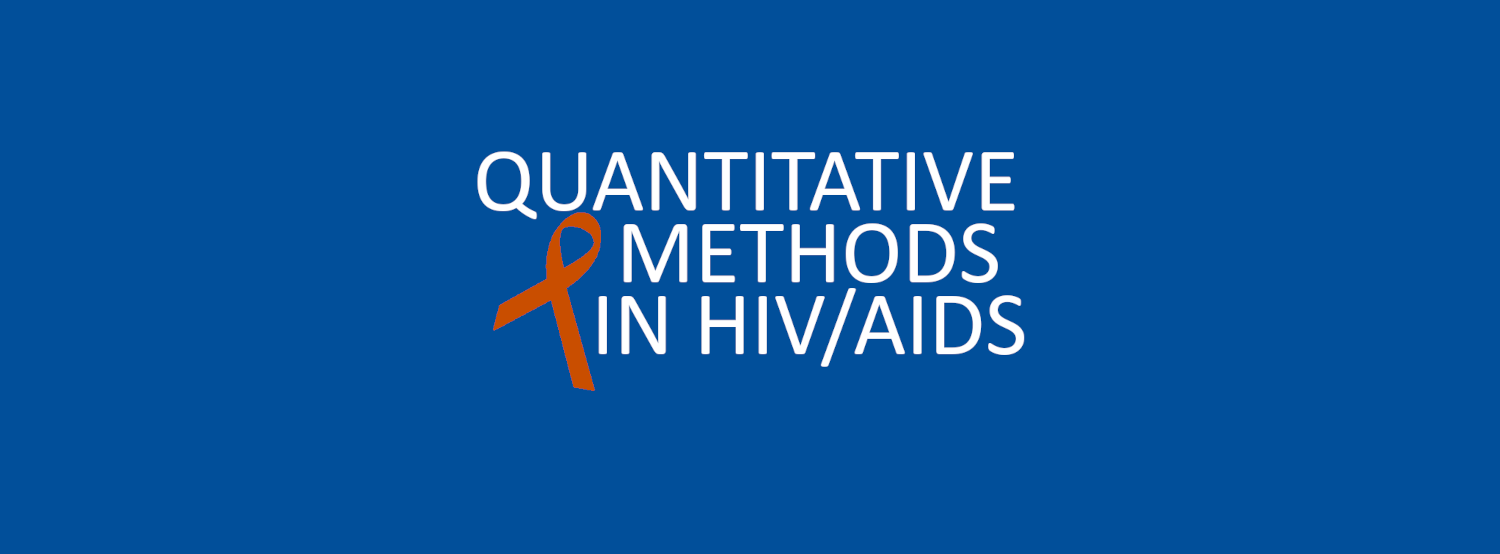
The Quantitative Methods for HIV Researchers Summer Internship program offers full-time summer internships for graduate students in the quantitative sciences to conduct research in leading HIV/AIDS laboratories, co-mentored by both an HIV/AIDS researcher and quantitative science faculty. These internships immerse graduate students in the quantitative sciences necessary for research currently underway in leading HIV/AIDS laboratories. HIV/AIDS focused PIs submit their proposals in the fall and student applicants are screened and matched with appropriate projects in Clinical, Translational, or Socio-behavioral Science.
This summer, fifteen interns were paired with a Duke CFAR PI and Quantitative Mentor to support an ongoing research project. We asked a few interns to share their experiences and reflect on the summer.
Orlando Ferrer, Duke University Math PhD program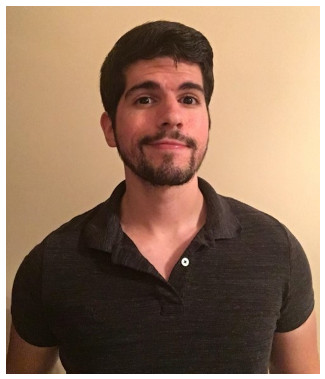
PI: Thuy Le
Quantitative Mentor: Tina Davenport
What was the project you worked on for your internship?
I worked on developing a model to predict/identify which HIV-positive individuals were most at risk for a fungal infection called talaromycosis.
What were your training goals coming into the summer program?
I wanted to get a broader range of research experience, learn how to work on projects where I am dealing with real-world data, and to gain more programming experience.
What do you hope to do in the future?
Not too sure about my exact career path since I just finished my first year of a PhD program, but I’d like to either work as a teacher in some capacity, or in some university setting (like in a biostatistics lab potentially)
What was your favorite part of the summer internship?
Getting to meet and interact with new students outside of my small department!
What is your favorite thing about summer?
Going to the beach on a warm, sunny day and playing sand volleyball with my friends!
Mahmoud Harding, Mathematics Instructor at the North Carolina School of 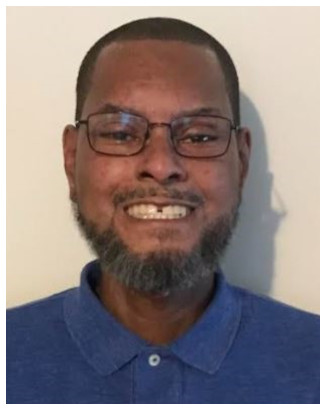 Science and Mathematics; Graduate Student in Statistics at NC State University
Science and Mathematics; Graduate Student in Statistics at NC State University
PI: Lance Okeke
Quantitative Mentor: Tina Davenport
What was the project you worked on for your internship?
I worked on a project to investigate the weight gain in patients that switched treatment regimens. My work included lots of data cleaning and data wrangling to put the data in a format that would be conducive for statistical analysis.
What were your training goals coming into the summer program?
I wanted to work with real data. I teach a data science course at NCSSM but I didn't have experience outside of academia. This experience highlighted the importance of good communication skills. I learned so much from my mentor Dr. Tina Davenport about data cleaning, programming, asking good questions, planning and being able to adjust plans based on new information. In addition, I learned a lot from my Principal Investigator. Dr. Lance Okeke taught me a lot about HIV medications and the history of how treatments have developed and improved over time.
What do you hope to do in the future?
For sure I want to finish this project and present our results. I also want to be able to design a similar experience for my students. I think it would great for my students to see how doctors and statisticians work together on research. And they would be able to learn a lot about the history of HIV and HIV treatments.
What was your favorite part of the summer internship?
Outside of working with Tina and Lance it would be the sessions on the history and development of HIV treatments. Those were fascinating. I learned so much about the disease and how social perceptions played a major role in the way HIV patients were treated and the effort that was made to find a cure.
What is your favorite thing about summer?
Definitely going on vacation to the beach and eating fresh vegetables from farmer's market (preferably from my dad's garden).
TJ Tang, Master in Statistical Science program, Duke University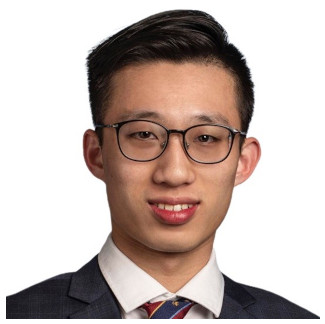
PI: Nathan Thielman
Quantitative Mentor: Ethan Fang
What was the project you worked on for your internship?
My project is about using machine learning methods to analyze discrete choice experiments. The goal is to find the optimal HIV testing policy for people in Tanzania that are at high risk of HIV/AIDS.
What were your training goals coming into the summer program?
I am also on another project related to HIV and vaccine design. So, my goal for this program was to get more familiar with HIV/AIDS, specifically, I would like to learn more about the biology aspect of HIV/AIDS. Fortunately, my goals were accomplished through this program.
What do you hope to do in the future?
In the short term, I plan to continue and complete my current project. In the long term, I would like to do more research in the fields of HIV/AIDS.
What was your favorite part of the summer internship?
The program invited guest speakers once per week to present HIV knowledge and data analytics skills. These lectures were helpful and were a great learning opportunity.
What is your favorite thing about summer?
I spent a wonderful week with my friends at Yellowstone! Also, I am fortunate to have very nice PIs and mentor for my project.
Tiya Zhang, Biostatistics and bioinformatics department at Duke University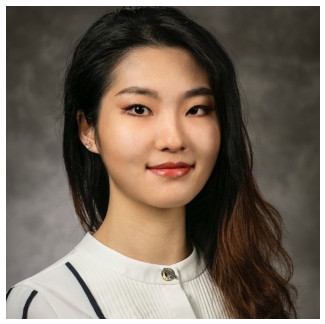
PI: Charles Muiruri
Quantitative Mentor: Lynn Lin
What was the project you worked on for your internship?
We were trying to find the underlying reasons for medication nonadherence for people living with HIV. As a student intern, I used statistical methods to analyze the data and identify the causes.
What were your training goals coming into the summer program?
I was planning to practice my statistical skills, work with experts in different fields as well as getting to know more knowledge about HIV/AIDS.
What do you hope to do in the future?
Maybe keep working in the public health field as a biostatistician.
What was your favorite part of the summer internship?
The best part of this internship was that I could learn some useful statistical skills as well as tons of fun facts about public health. It was also great to know more awesome people and work with them.
What is your favorite thing about summer?
learned a lot about people living with HIV and public health.
Eric Zhang, PhD Student in Biostatistics at UNC Chapel Hill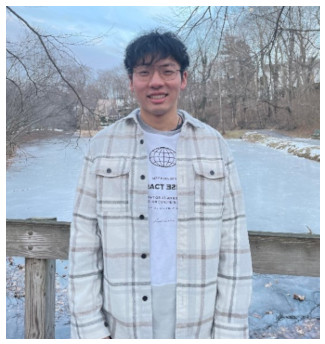
PI: Munir Alam
Quantitative Mentor: Cliburn Chan
What was the project you worked on for your internship?
My project looked to uncover the relationship between HIV and B cells, specifically B cell activation, which is crucial to proper immune system response. As an intern, I created plots, examined statistical relationships, and constructed mathematical models that attempts to explain this phenomenon.
What were your training goals coming into the summer program?
Coming into this program, I had no extensive research experience, so I wanted to keep an open mind. My primary goals, however, were to get a feel for the research process, learn from my peers and mentors, and perform data analysis on real data.
What do you hope to do in the future?
I'm still uncertain as to what research I would like to do for my thesis, but I'm really glad to have gotten more exposure to HIV and the immune system. As important as I think it is to specialize in certain topics and your expertise, a wider breadth of knowledge never hurts.
What was your favorite part of the summer internship?
I really enjoyed hearing from other people's projects because although this internship is centered around HIV, there were still vast discrepancies between each project and different quantitative methods were applied.
What is your favorite thing about summer?
Swimming! Especially when it's too hot outside.